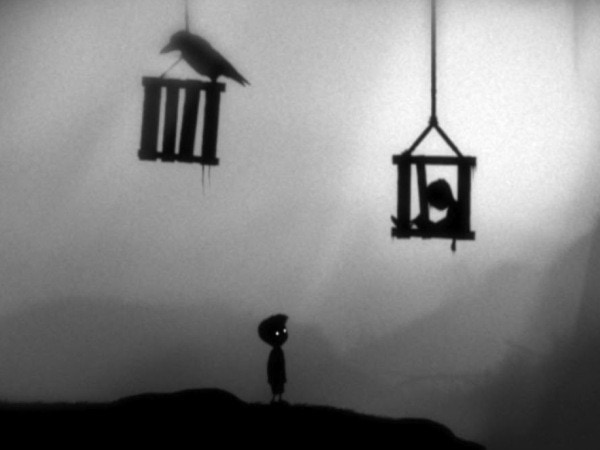
The document was seen as most likely the final word since limbo was never part of Church doctrine, even though it was taught to Catholics well into the 20th century. The verdict that limbo could now rest in peace had been expected for years. Pope Benedict, himself a top theologian who before his election in 2005 expressed doubts about limbo, authorized the publication of the document, called “The Hope of Salvation for Infants Who Die Without Being Baptised”. The 41-page document was published on Friday by Origins, the documentary service of the U.S.-based Catholic News Service, which is part of the U.S. In a long-awaited document, the Church’s International Theological Commission said limbo reflected an “unduly restrictive view of salvation”. The Pope authorized the publication of a document that has effectively buried the concept of limbo, the place where centuries of tradition and teaching held that babies who die without baptism went. mangled them in this his wicked limbo.Pope Benedict XVI waves as he arrives to lead his weekly general audience in Saint Peter's square at the Vatican April 18, 2007. "I am met with a whole ging of words and phrases not mine, for he hath maimed them and. This was alluded to in John Milton's An Apology., 1642, in which he refuted an attack that had been made on a Presbyterian group known as Smectymnuus: Soon after that, the meaning was extended to our current usage, which refers to any situation where someone or some project is confined and neglected, with nowhere to go until something happens to restart it. I have some of 'em in Limbo Patrum, and there they Shakespeare used this in Henry VIII, 1613: Thus, Limbo was on the border, not in Hell, but not in Heaven either, and 'in limbo' later came to take on the metaphorical meaning - 'in prison'. Two of the forms of Limbo were Limbo Infantum (Limbo of the Infants) and Limbo Patrum (Limbo of the Adults). Limbo definition: The abode of unbaptized but innocent or righteous souls, as those of infants or virtuous individuals who lived before the coming of Christ. By the 14th century, the incongruity was avoided via the concept of Limbo, the abode of righteous souls who weren't destined for either Heaven or Hell. In particular, babies who died at birth or those who had died before the time of Christ, would have had no choice but to remain unbaptized. Theologists, especially those of the Roman Catholic persuasion, were much exercised by the fate of those who, while not being sinners to be condemned to Hell, were unbaptized through no fault of their own. medieval Christian belief had it that only those who were baptized into the Christian Church could enter Heaven.

That limbo derived from the Latin 'limbus', meaning edge. Limbo was originally a place rather than a dance - the borders of Hell, no less. People had been in limbo well before the 1950s, of course. There's no definitive documented link between limber and limbo, but it seems very probable that they are actually versions of the same word. The adjective 'limber' has been in use in English since the 16th century, with the meaning 'pliant and supple easily bent'. The craze was created, or the uncharitable might say, cashed in on, by Chubby Checker, who released the single Limbo Rock and the album Limbo Party in 1962. This originated in the West Indies the 1950s and became something of a fad in the 1960s. What's the origin of the phrase 'In limbo'?įor those of a certain age, limbo is now most often associated with the party dance, in which dancers bend backwards and shuffle under a horizontal stick without touching it. In a state of being neglected and immobile, with no prospect of movement to a better place. Religion What's the meaning of the phrase 'In limbo'?.


 0 kommentar(er)
0 kommentar(er)
